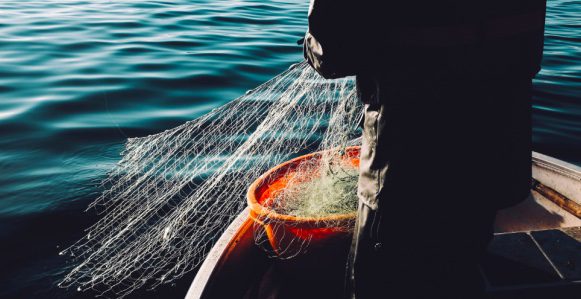
Lax European laws lead to forced labor at sea “running wild”
A recent report found that European companies, led by Spain, Russia, and the UK, owned almost 23% of the commercial fishing vessels accused of forced labor, according to Matti Kohonen of euronews. However, most European countries along with other fishing industry giants like China and the U.S., have not yet ratified key agreements that ban forced labor in fishing vessels. In addition, European legislation protecting financial secrecy means that finding the real owners of any vessels accused of using forced labor is almost impossible, even if these agreements were ratified.
Conditions rife with labor abuse
The ILO estimates that on remote fishing vessels, in conditions of extreme isolation, and while performing hazardous work, an estimated 128,000 people on fishing boats suffer horrific forced labor abuses. And this figure is widely agreed to be an underestimate of the actual crisis. The ILO cites the abuse as including physical violence, unpaid wages and having to spend years at sea. Yet most of the key nations invested in the global fishing industry have yet to ratify important protections like the ILO Work in Fishing Convention 188. However, ratifying the legislation isn’t enough to prevent modern slavery running wild at sea.
